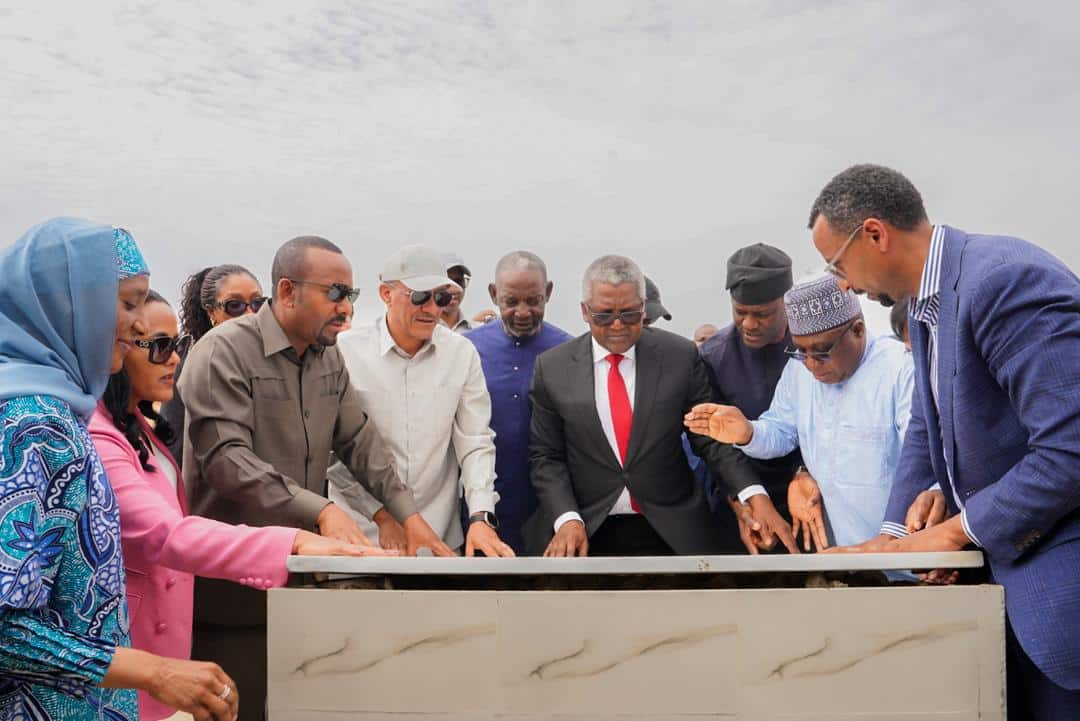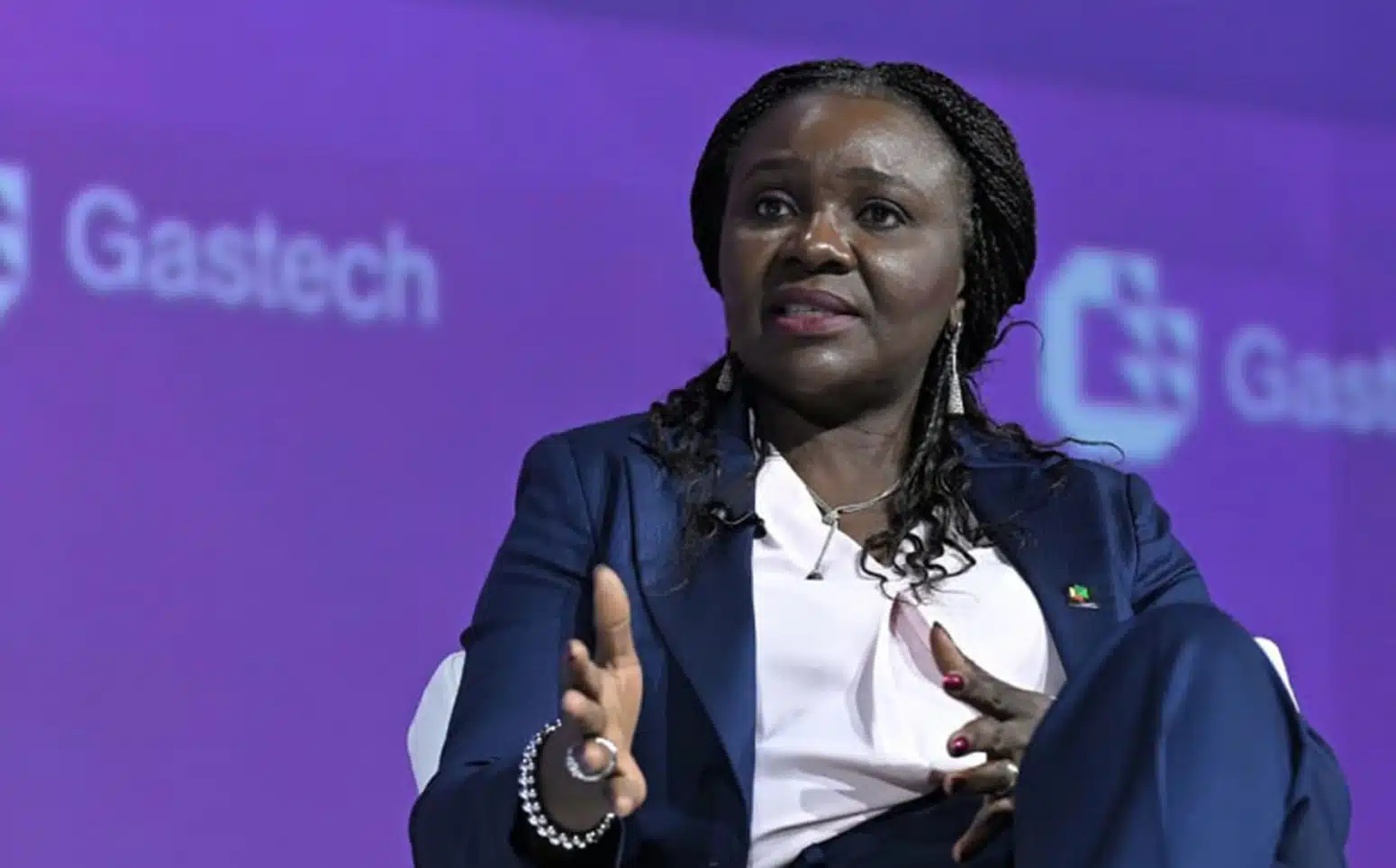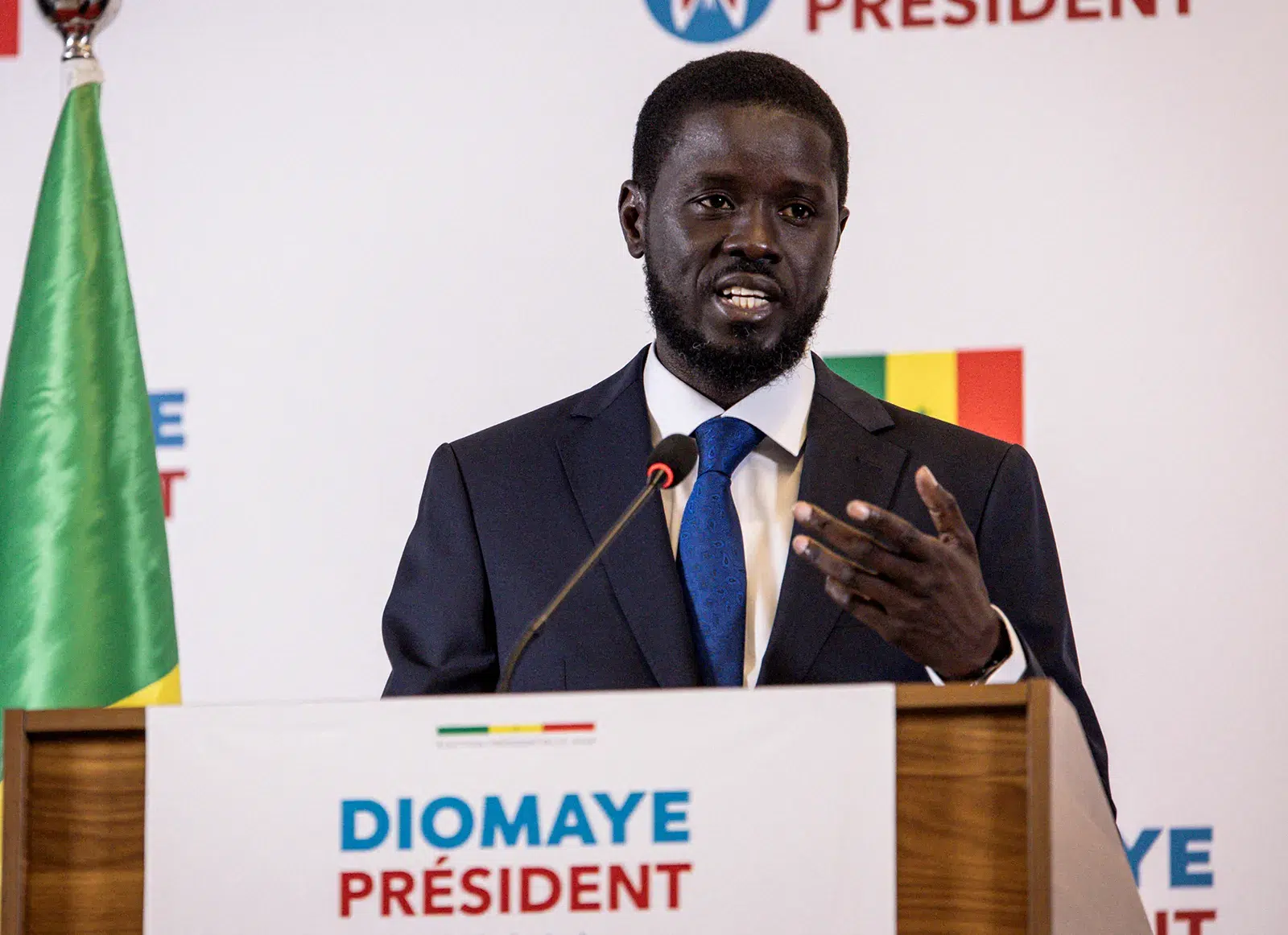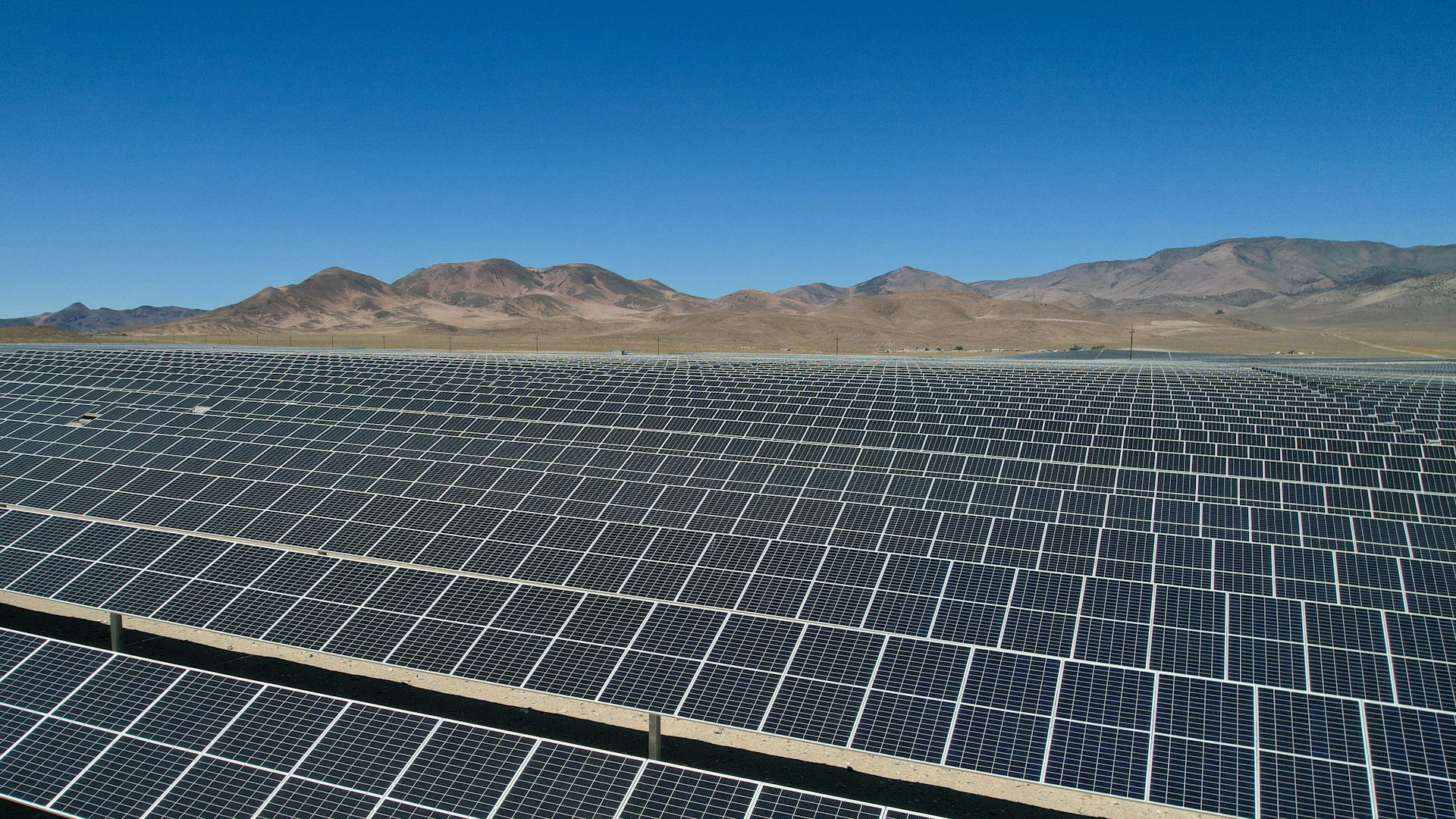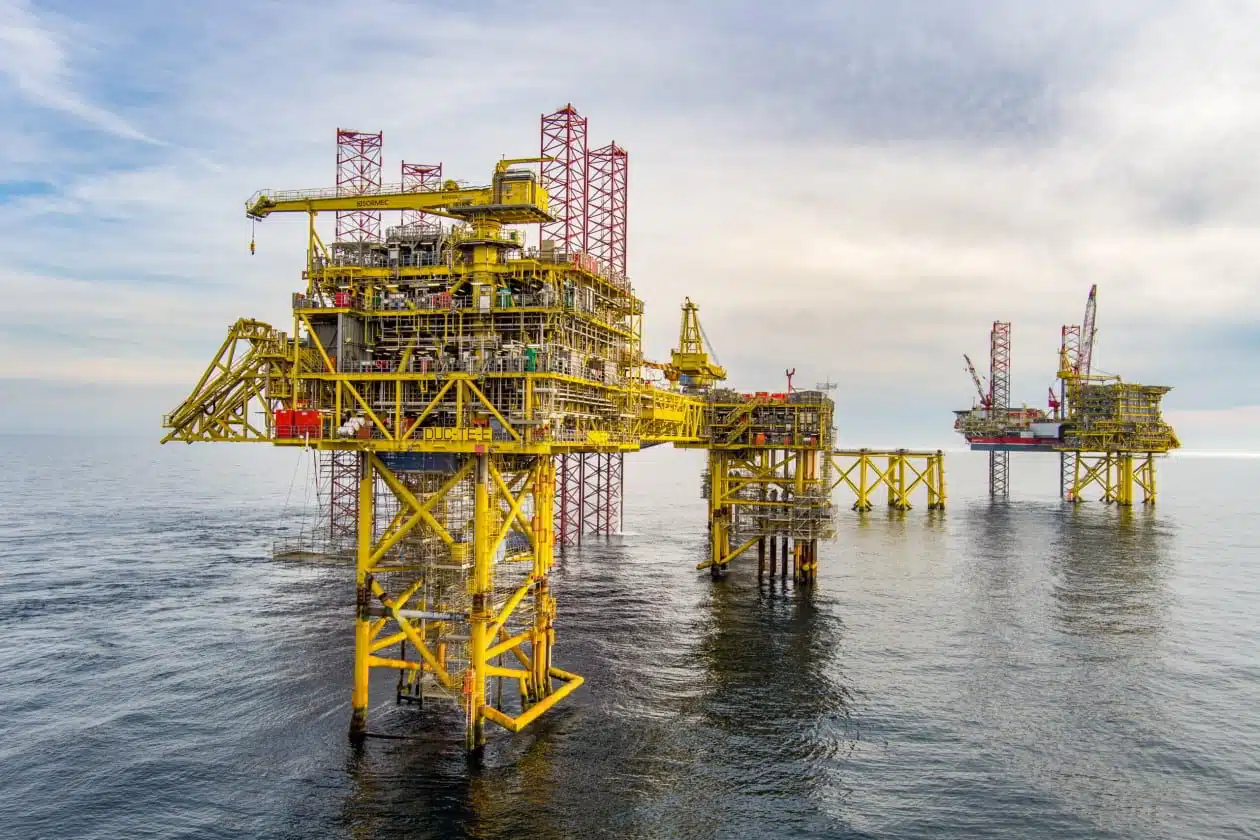Ethiopia has officially launched construction of a 3.5 million tons per year (70,300 bpd) crude oil refinery in Gode, Somali Region, in a major effort to support the country’s industrial development.
Disclosing the development on his verified X handle on Thursday, President Abiy Ahmed said the Gode Oil Refinery will process crude oil and condensate sourced from the Hilala oil field.
It is expected to help reduce Ethiopia’s reliance on imported petroleum products, which currently cost the country around $5 billion annually
The refinery is being developed by China’s Golden Concord Group Limited (GCL), in partnership with Ethiopian Investment Holdings (EIH).
Although the cost of the project is not immediately clear, it is part of Ethiopia’s 10-year development plan, which prioritises industrial growth and infrastructure expansion.
It is the first major downstream facility to break ground in the region, aiming to supply both domestic and neighbouring markets.
The Ogaden Basin, where the refinery is situated, has been a focus of oil and gas exploration for over a century.
Despite early discoveries and foreign interest, previous efforts were hampered by security and financing challenges.
GCL’s entry into Ethiopia in 2013 and its takeover of concessions at Calub and Hilala paved the way for the refinery project.
Dangote urea fertiliser plant
Also unveiled by the government today is a urea fertiliser plant, involving Nigeria’s leading conglomerate Dangote Group.
The fertiliser facility, to be built by Ethiopian Investment Holdings in partnership with Nigeria’s Dangote Group.
It will produce 3 million tons annually using natural gas from the Calub gas fields, transported via a 108-kilometre pipeline.
Earlier in August, Energy in Africa reported the signing of the agreement for the $2.5 billion fertiliser plant between EIH and Dangote Group in Addis Ababa.
The plant will be co-owned by the government of Ethiopia (40%) and Dangote (60%).
Speaking at the foundation stone-laying ceremony, Ethiopian officials hailed the projects as transformative for the nation’s energy and agricultural sectors.
“These projects represent more than industrial progress. They embody our shared responsibility to harness opportunities, strengthen cooperation, and promote peace,” the president stated.
The twin developments are expected to boost Ethiopia’s self-sufficiency in fuel and fertiliser production, reduce import dependency, and create thousands of jobs.
They also signal Ethiopia’s ambition to become a regional hub for energy and agro-industrial output, with the government calling on citizens to unite in support of the initiatives.
Meanwhile, Dangote currently operates a cement factory in Ethiopia and remains the leading manufacturer of both cement and fertiliser in Nigeria.

